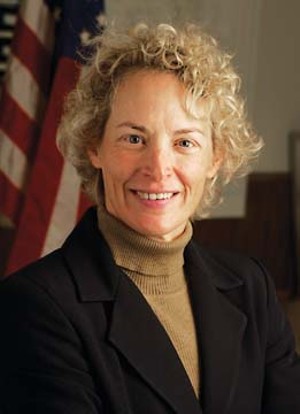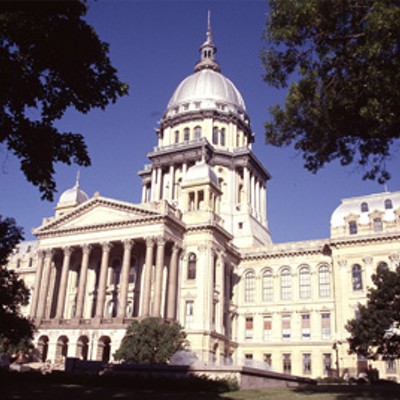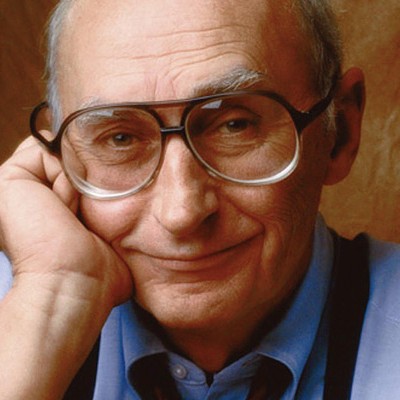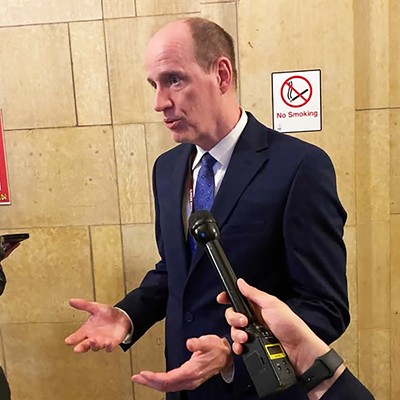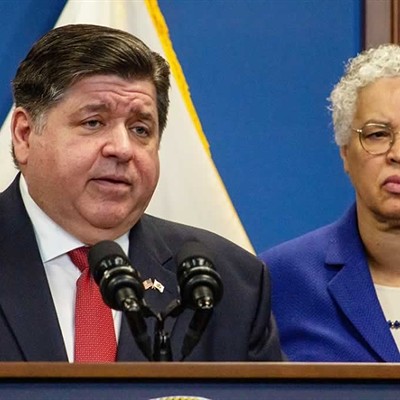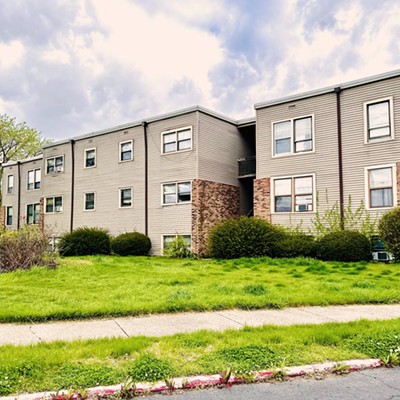Illinois needs a system to publicly fund election campaigns, reform advocates told a state committee examining potential campaign finance reforms last week. But one expert says lawmakers probably won’t go for it.
The Illinois Campaign Finance Reform Task Force heard testimony Nov. 28 regarding the proposed creation of a statewide system to fund election campaigns with public money. The idea is meant to reduce the influence businesses, labor unions and other groups can have over elected officials by reducing candidates’ need for campaign contributions from those groups.
“I really believe that campaign contribution limits are not an answer,” Rep. Elaine Nekritz, D-Northbrook told the panel. “We’ve had [contribution limits] at the federal level for 40 years, and no one, I think, can credibly claim that those contribution limits have removed the influence or the importance of money in campaigns.”
In a public financing system, a candidate who meets a minimum threshold would be eligible to receive public money to match her or his private donations. In return, the candidate would agree to restrictions like a spending limit for their campaign.
Public financing already exists on the federal level for presidential elections. Candidates who raise $5,000 in each of at least 20 states qualify to receive a dollar-for-dollar match in fundraising, paid for by an optional $3 tax checkoff included on federal income tax forms.
During the 2008 presidential campaign, now-President Barack Obama was the first candidate to decline public funds in a general election since the start of the program in 1976. Obama raised more than $778 million in his campaign – many times what he could have spent if he had opted for public funding.
The Republican-controlled U.S. House passed a bill on Dec. 1 to end public financing for presidential elections, but the Democrat-controlled Senate isn’t expected to take up the issue.
Public financing should especially be adopted for judicial races, said David Morrison, deputy director of the Illinois Campaign for Political Reform.
“We have long supported public financing for Supreme and appellate court candidates on the theory that judges really are different,” Morrison said. “Members of the executive and legislative branches are elected to represent constituents and make policy decisions, whereas judges are elected to interpret the laws, not to write laws, and to enforce the constitution, which is a very different kind of charter than members of the other two branches have.”
Morrison pointed to impeached governor Rod Blagojevich as a reason for reform.
“Large donors would make very large contributions and then get something very tangible in return, be it a job, a favorable ruling, a state contract or some other kind of benefit,” he said. “Contribution limits will address the kind of problem we saw with Gov. Blagojevich, but they’re not a cure-all for all of the problems of corruption or the appearance of corruption.”
Dr. Kent Redfield, a professor emeritus of politics at the University of Illinois Springfield, says lawmakers likely won’t enact a public financing program similar to the federal design. Redfield has studied campaign finance issues for more than a decade.
“If you’re trying to get a system that the goal is to substitute public money for private money, I don’t think there’s a political will for it,” Redfield told reporters shortly after speaking to the panel. He said problems of cost and efficiency may cripple any proposals to fund campaigns for all state offices.
“The cost is just way too high, and I’m not even sure that it’s good public policy to try and do that,” Redfield said. “You’d be spending so much money to affect a very small number of races, and the best of it would be going to people who were either going to lose or win regardless of how much money is there.”
Still, Redfield said public funding for judicial elections is necessary to prevent the public from losing trust in the state’s justice system.
“The more that you get private interests that are interested in the outcome of a judicial decision engaged in political campaigns, the more you’re going to call the independence of the judiciary into question, and that’s very corrosive,” he said. “If people don’t accept the legitimacy of the courts, the foundation of the whole system is gone.”
Contact Patrick Yeagle at [email protected].
Illinois mulls public financing of elections
By removing influence-buying from judicial campaigns
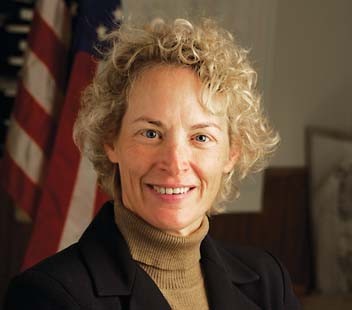
[
{
"name": "Air - MedRect Combo - Inline Content 1",
"component": "11490391",
"insertPoint": "3",
"requiredCountToDisplay": "1",
"parentWrapperClass": "fdn-ads-inline-content-block"
},{
"name": "Air - MedRect Combo - Inline Content 2",
"component": "11490392",
"insertPoint": "7",
"requiredCountToDisplay": "5",
"parentWrapperClass": "fdn-ads-inline-content-block"
},{
"name": "Air - MedRect Combo - Inline Content 3",
"component": "11490393",
"insertPoint": "12",
"requiredCountToDisplay": "9",
"parentWrapperClass": "fdn-ads-inline-content-block"
}
]
Illinois Times has provided readers with independent journalism for almost 50 years, from news and politics to arts and culture.
Your support will help cover the costs of editorial content published each week. Without local news organizations, we would be less informed about the issues that affect our community..
Got something to say?
Send a letter to the editor and we'll publish your feedback in print!

